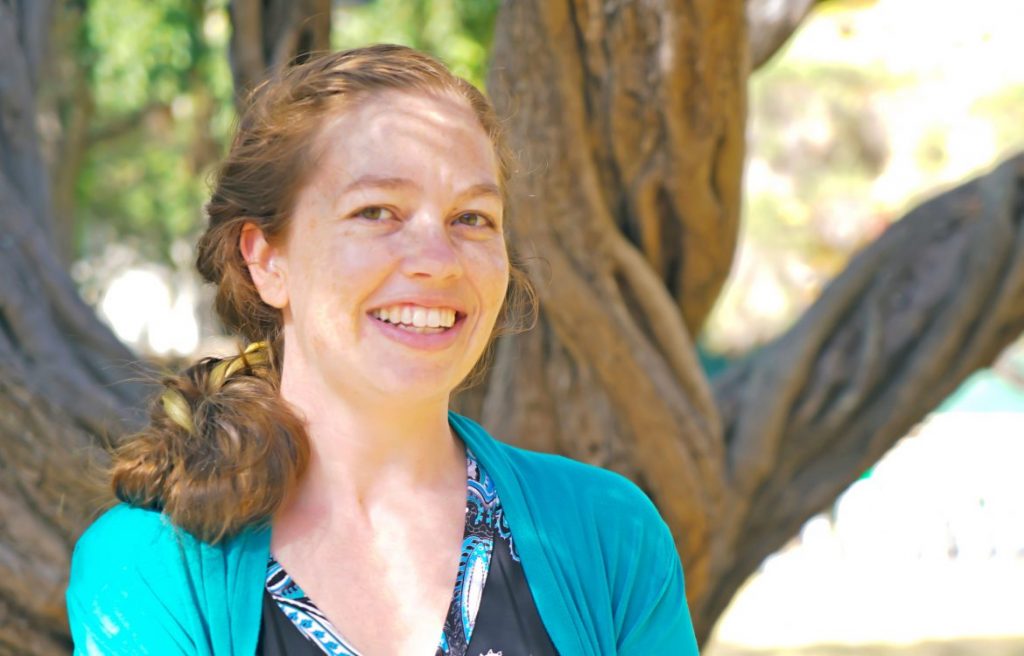Title: “Hawaiian Drosophila In vitro Network-based Microbiome”
Award Principal Investigator: Robert Nichols, PhD
Project Principal Investigators: Laura Tipton, PhD, and Joanne Yew, PhD
Award: $100,000 (as supplement)
Project Summary: Human health is profoundly influenced by the gut microbiome. However, there is a significant gap in knowledge about the principles that govern how balanced microbial communities interact with each other and provide benefits for the host. Progress in this area is impeded by the complexity of the human gut microbiome, comprised of 500-1000 bacterial species and up to 300 fungal species. Thus, there is a critical need to develop an experimentally tractable and accessible system where each microbe member can be manipulated, and the consequences on community properties assessed. Of particular interest is the impact of gut fungal species, which, to date, have not been studied in an interactive gut microbial model.
We propose to synthesize a microbiome community in vitro containing both bacterial and fungal species based on microbial communities derived from the native Hawaiian Drosophila gut, which contains between 5-20 bacterial and fungal species. We will use this community to address how community interactions between bacteria and fungi contribute to overall microbiome properties, such as stability, growth, and resistance to pathogens, and to host health.
The proposed collaborative project will capitalize on the complementary expertise of a data scientist (Dr. Laura Tipton) and a biologist (Dr. Joanne Yew) with experience in microbial manipulations of Drosophila. Based on the microbiome profiles of Hawaiian Drosophila generated in Dr. Yew’s lab, an interaction network of the microbial taxa will allow identification of key species.
The objectives will be achieved via the following aims:
Specific Aim 1: Identify candidate isolates from the community for whole-genome sequencing to estimate potential for metabolic interactions.
Approach: After identifying target microbes to isolate based on modeling the microbial interaction network architecture, the isolate genomes will be sequenced, assembled, and searched for genes potentially responsible for microbe-microbe and microbe-host interactions as well as overall community properties.
Specific Aim 2: Culture a stable inter-kingdom synthetic gut microbial community, and measure composition, physiological properties, and responses to environmental factors.
Approach: Isolated microbes will be cultured alone and in pairwise combinations, under varying environmental conditions. Measures of growth, DNA sequencing, and metabolomic analysis will be used to determine the contribution of the microbiome profile to overall community properties.
The collaborative INBRE-COBRE project will address how the microbiome’sfunctional properties are shaped by microbial interactions and environmental factors, a major objective of the Microbiome COBRE, with implications for the impact of the gut microbiome on human health. This project will also provide research experience opportunities for ethnically diverse and socioeconomically disadvantaged undergraduate students in the state of Hawai`i.
FY2020-2021 Project Principal Investigators
![]()



